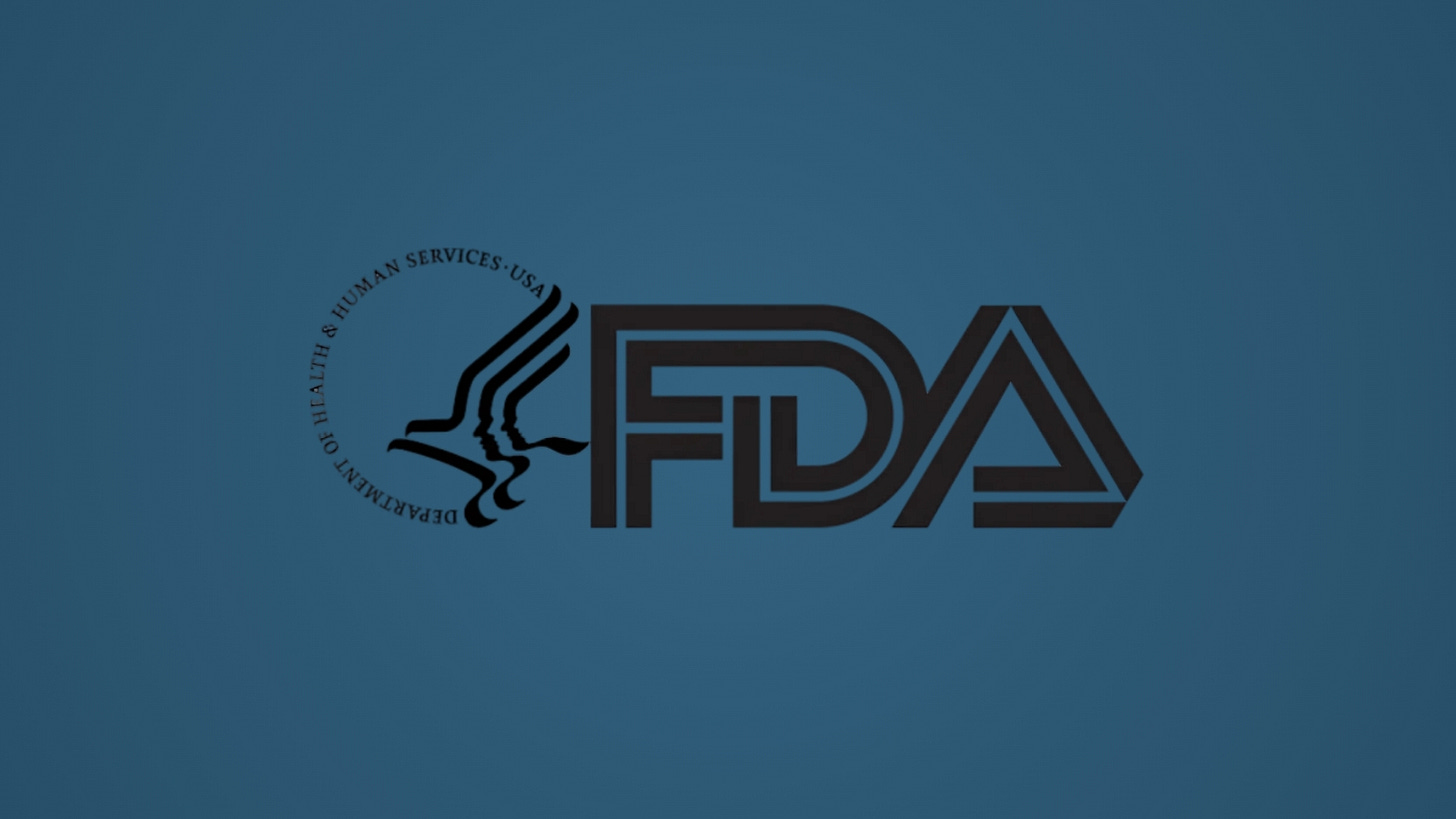The FDA Plans to Roll Out AI for Reviews This Summer — Here's What to Know
The agency just set an "aggressive timeline" for AI Implementation after a successful pilot. Here's what to start thinking about now.
With the flurry of FDA updates, we’ll be sharing brief, semi-regular news roundups — quick, digestible explainers to keep you on top of the latest developments. Make sure you’re on our paid tier to get each issue in full.
The FDA has announced plans to implement artificial intelligence tools throughout the agency to assist in conducting scientific reviews, with a target for full integration by June 30 of this year. This initiative follows the successful completion of a pilot program that incorporated generative AI into review processes.
Newly minted FDA Commissioner Martin Makary, in one of his first major actions since taking office, has directed all FDA centers to begin deploying an AI-assisted review system immediately, with the goal of reducing time spent on routine tasks during scientific reviews.
"I was blown away by the success of our first AI-assisted scientific review pilot," said Makary in the FDA's May 8 announcement. "We need to value our scientists' time and reduce the amount of non-productive busywork that has historically consumed much of the review process. The agency-wide deployment of these capabilities holds tremendous promise in accelerating the review time for new therapies."
Early results show dramatic time savings
Early adopters within the agency have reported significant efficiency gains. Jinzhong (Jin) Liu, Deputy Director at the Office of Drug Evaluation Sciences in the Office of New Drugs at the FDA's CDER, described the technology as "a game-changer that has enabled me to perform scientific review tasks in minutes that used to take three days."
While the FDA provided limited details about the specific pilot program and did not specify what types of products or tasks were involved, the agency indicated that work will continue to expand use cases, improve functionality, and adapt to each center's evolving needs after the June 30 rollout deadline.
Leadership and a partnership with OpenAI
The agency-wide initiative is being coordinated by Jeremy Walsh, the FDA's newly appointed Chief AI Officer, and Sridhar Mantha. Walsh previously led enterprise-scale technology deployments across federal health and intelligence agencies, while Mantha recently led the Office of Business Informatics in CDER.
According to a recent report from Wired, Walsh has been meeting with OpenAI employees to discuss AI implementation and a project called cderGPT, though no contract has been signed yet. This name likely references the CDER and GPT technology, suggesting a specialized AI tool for drug evaluations.
The agency's growing focus on AI
The FDA's move toward AI implementation has been building for some time.
In August 2024, the agency formed an internal AI Council within CDER to oversee its AI-related activities.
Also, the FDA has observed a significant increase in drug submissions that include AI components in recent years, with over 300 submissions for drugs and biological products with AI components received since 1995, according to former Commissioner Robert Califf.
The agency published a draft guidance in January 2025 titled "Considerations for the Use of Artificial Intelligence to Support Regulatory Decision Making for Drug and Biological Products," providing recommendations to industry on using AI to produce information or data intended to support regulatory decision-making.
In March 2024 (revised in February 2025), the FDA also published "Artificial Intelligence and Medical Products: How CBER, CDER, CDRH, and OCP are Working Together," describing how the FDA's medical product Centers plan to align efforts to advance responsible AI use for medical products.
Addressing long drug development timelines
Commissioner Makary specifically addressed the need to shorten the drug approval process by using AI at the American Hospital Association's annual meeting. "We at the FDA now have to ask big questions that we've never asked before," he stated. "Why does it take over 10 years for a new drug to come to market? Why are we not modernized with AI and other things?"
While the current FDA review process typically takes about a year, the agency hopes AI implementation will help compress this timeline further.
A few initial considerations for industry teams
As the FDA moves quickly toward agency-wide AI implementation, companies that interact with the agency should prepare for changes in review processes and submission requirements.
Here are key considerations for regulatory affairs and quality assurance teams:
Understand the FDA's AI framework. If you haven’t already, now is the time to thoroughly analyze the relevant guidance documents along with other key resources such as "Artificial Intelligence and Medical Products: How CBER, CDER, CDRH, and OCP are Working Together." Map specific sections to your product portfolio and development pipeline to identify any areas of impact. Prepare to engage directly with the FDA through the pre-submission process specifically to discuss AI implementation questions. As the agency's AI Council refines its approach, companies that engage proactively and understand will be better positioned when formal guidance is finalized.




